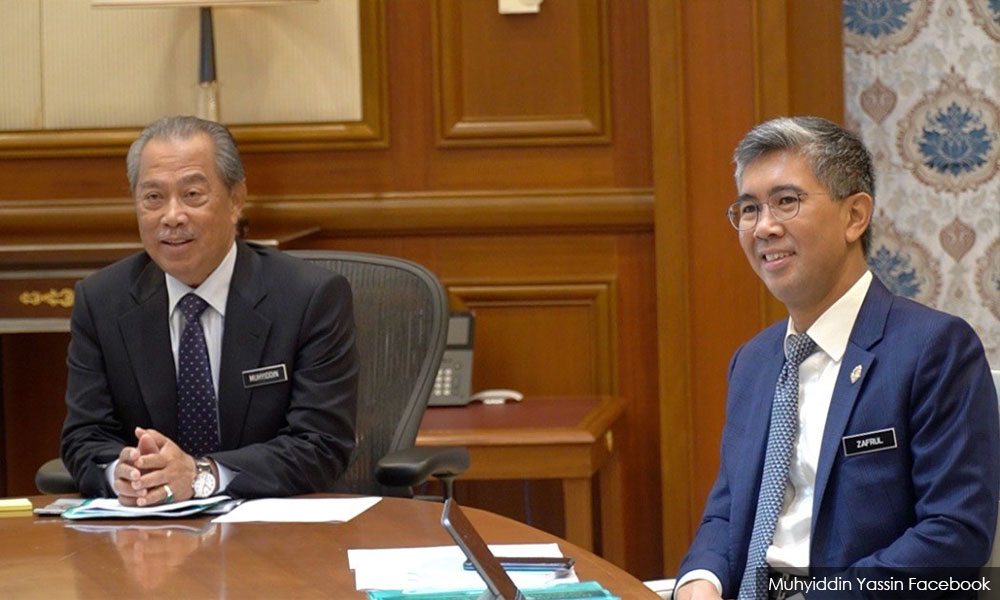
Yesterday, Bank Negara Malaysia (BNM) announced the country’s economic growth, as measured by Gross Domestic Product (GDP), is projected at between -2.0 to +0.5 percent in 2020.
Malaysia’s challenging growth outlook, however, is not unexpected given the current global economic slowdown brought about by the Covid-19 pandemic.
Lockdowns to contain the pandemic across countries worldwide have disrupted both supply and demand chains, and we are not spared from the global situation.
Domestic conditions continue to be challenging as the threat of Covid-19 has impacted all facets of the nation.
The government’s resounding response is the RM250 billion economic stimulus package Prihatin which was unveiled by our Prime Minister, Muhyiddin Yassin, last week.
Formulated to address the adverse impact of Covid-19 on the country, Prihatin is driven by three objectives: protect the people, support businesses and strengthen the economy.
Towards this end, Prihatin will contribute an estimated 2.8 percent to the GDP this year.
Initiatives under Prihatin were rolled-out within days of its announcement. This entire week has seen close engagements between the government and members of the business community, particularly concerning micro-businesses and Small Medium Enterprises (SME).
We have collated and considered all feedback, and certain areas have been identified for fine-tuning and improvements.
Next week, our Prime Minister is expected to announce further support measures for Malaysian micro-businesses and SME.
Many have asked me, does the government expect to see economic recovery this year? The answer to that is contingent on how well and quickly we can overcome the threat of Covid-19 in the country.

All Malaysians must play their part and be united in responding to this fight. As mentioned by our Prime Minister, “We are a nation at war with invisible forces”. And let us add that while the threat may be invisible, it is certainly not undefeatable.
The current outlook forecasts the nation’s economy to rebound in 2021 with some recovery expected towards the end of 2020.
Yet, downside risks remain as the Covid-19 situation is unprecedented and we need to expect the unexpected.
Nevertheless, we have the capacity and fiscal space to meet future uncertainties, and the government is fully aware of the need to be agile and to respond swiftly.
To steer us through these challenging times, BNM will ensure that the financial system remains stable with deep liquidity and strong buffers.
As it stands, the financial system today has RM121 billion in excess capital buffer, as compared to only RM39 billion during the global financial crisis of 2008.
On the capital market side, the Securities Commission and Bursa Malaysia will continue to ensure that markets stay open, transparent and orderly.
TENGKU ZAFRUL TENGKU ABDUL AZIZ is Finance Minister. - Mkini



No comments:
Post a Comment
Note: Only a member of this blog may post a comment.